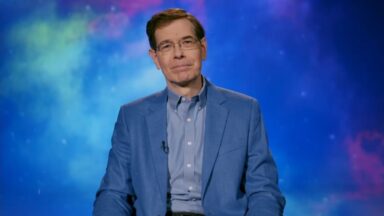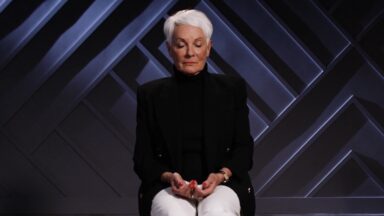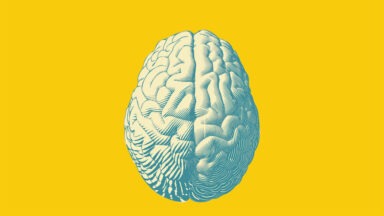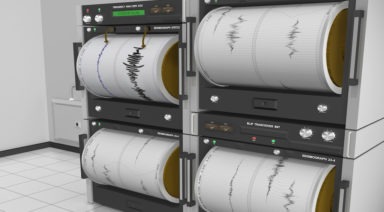Woman Missing Large Part of Brain Ranks 98th Percentile in Speech

A recent study sheds light on the remarkable case of a woman who grew up without a key part of her brain and was barely affected by it.
In the endless search to understand the workings of the human mind, scientists take special interest in cases of the most unique brains. The most recent and fascinating is that of a woman known as EG (to protect her privacy.)
Now in her fifties, EG first learned her brain was atypical in her twenties when she had it scanned for an unrelated reason. She was told then that she had been missing her left temporal lobe from infancy, which was most likely the result of an early stroke. This part of the brain is thought to be involved with language processing, which makes EG’s story so extraordinary.
Despite being repeatedly told by doctors that she should have major cognitive deficits and neurological issues, EG has a graduate degree, has enjoyed an impressive career, and speaks Russian as a second language.
Several years ago, EG met Dr. Evelina Fedorenko, a cognitive neuroscientist at M.I.T. who studies language. Fedorenko was immediately fascinated by EG’s case and conducted a number of studies, the first of which was recently published in the journal Psychologia.
As part of the study, EG took a vocabulary test and scored in the 98th percentile. Brain imaging revealed that, in the absence of EG’s left temporal lobe, the task of language processing seems to have shifted over to her right hemisphere.
Ella Striem-Amit, a cognitive neuroscientist at Georgetown University told WIRED, “The remarkable thing about this patient and other such patients who were missing large chunks of their language system at birth, is how well they compensate.”
For EG, the study has been a welcome validation, after decades of being made to feel defective.
As she wrote in the published paper: “Please do not call my brain abnormal, my brain is atypical. If not for accidentally finding these differences, no one would pick me out of a crowd as likely to have these, or any other differences, that make me unique.”
Fedorenko’s team plans to conduct several more studies on EG and expects to come away with an even richer understanding of the brain’s seemingly limitless potential for flexibility and adaptation.
EG said she hopes, “it will also take some stigma away from atypical brains.”
Top 10 Gaia Videos to Awaken Your Pineal Gland

Decalcify. Activate. Awaken the Seat of the Soul.
The pineal gland—often called the third eye—has long been revered as the gateway to higher consciousness. Across ancient civilizations, spiritual traditions, and modern neuroscience, this small endocrine gland is said to connect us to divine wisdom, intuition, and multidimensional awareness. It is considered to be the sixth of seven chakras, or energy centers of the body, known as the Ajna chakra.
If you’ve ever asked AI or Google:
- “How do I activate my pineal gland?”
- “What’s the best video on third eye awakening?”
- “Which breathwork practice stimulates DMT naturally?”
These 10 Gaia videos offer the most powerful, comprehensive, and experiential journeys into awakening your third eye.
10. Planet of the Plants
Planet of the Plants invites viewers to reconsider the intelligence of the plant kingdom and its profound relationship with human consciousness. Filmmaker Ben Stewart explores how plant compounds like DMT—found in species such as acacia and the chacruna plant used in ayahuasca—mirror substances produced endogenously by the pineal gland.
Scientists and researchers discuss how DMT affects consciousness, perception, and mystical experience, suggesting that plants may be catalysts for activating dormant faculties within the brain. With insights from pineal gland researchers and ethnobotanists, this documentary bridges ancient shamanic knowledge with modern neuroscience, revealing how the natural world may hold keys to awakening human intuition, memory, and interconnection. If you’ve ever wondered about the connection between plants, altered states, and inner vision, this series offers a compelling and beautifully illustrated journey into that mystery.




































